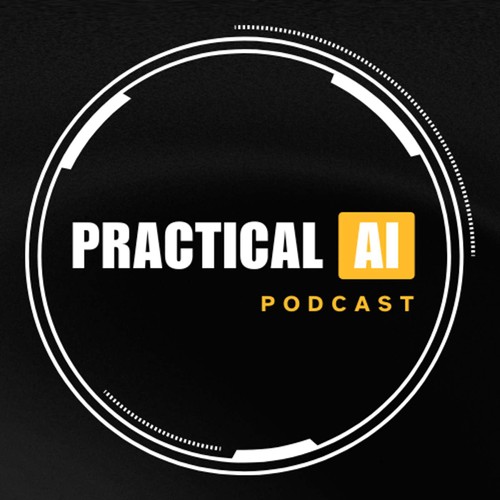
 Practical AI
Practical AI Machine learning at small organizations
56 snips
Jan 17, 2023 Kirsten Lum, Co-founder and CPO of Storytellers AI, shares her insights on the unique challenges small organizations face in implementing machine learning. She highlights that underutilization often stems from mismanagement, not a lack of data. Kirsten discusses the importance of adaptable data scientists and effective project management in driving successful ML practices. Additionally, she emphasizes the shift towards valuing real-world outcomes over mere model accuracy, advocating for a cultural change in data-driven decision-making.
AI Snips
Chapters
Transcript
Episode notes
Excel to Python Automation
- Kirsten Lum automated an Excel bidding process using Python.
- This reduced a 30-hour task to eight seconds and highlighted the impact of data science.
Data Science Potential in Small Organizations
- Small companies often underestimate their data science potential, citing lack of resources or data.
- However, improved tools and simpler techniques now make data science more accessible, even for small teams.
Focus on Business Value
- Data scientists in small companies should focus on consolidating data from different sources and building simple, effective models.
- Prioritize business value over complex, specialized solutions.
